Star Trek Movies Need To Go Away For Now
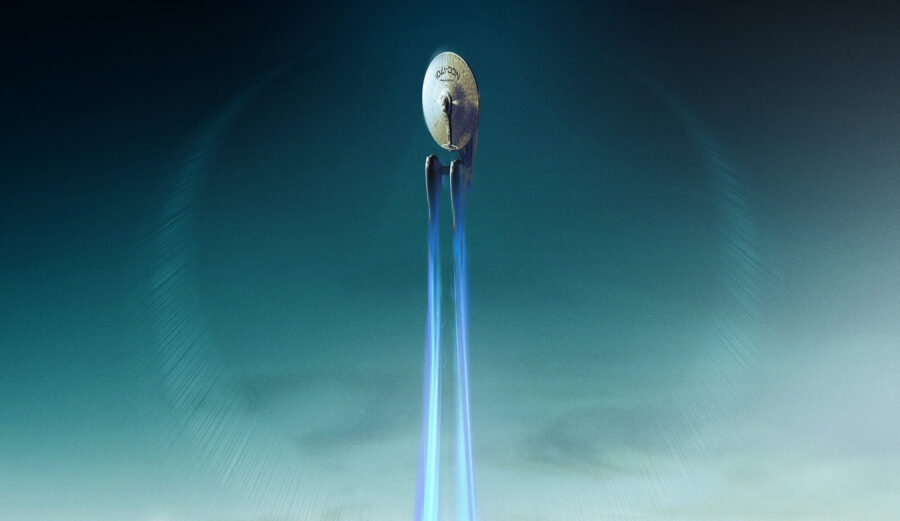
In case you didn’t know it, the number of Star Trek movies Paramount is currently working on is starting to multiply like Tribbles. Right now, the studio is working on a fourth film in the “Kelvinverse” as well as a new film set decades before Star Trek (2009). The intended Section 31 television series has now been transformed into an upcoming film.
Now that Paramount is concurrently working on three films, I’m here to drop a truth bomb into the depths of Qo’nos: Star Trek has always been better on the small screen and Paramount needs to kill these movies.
The Movies Alienate Star Trek’s Biggest Fans
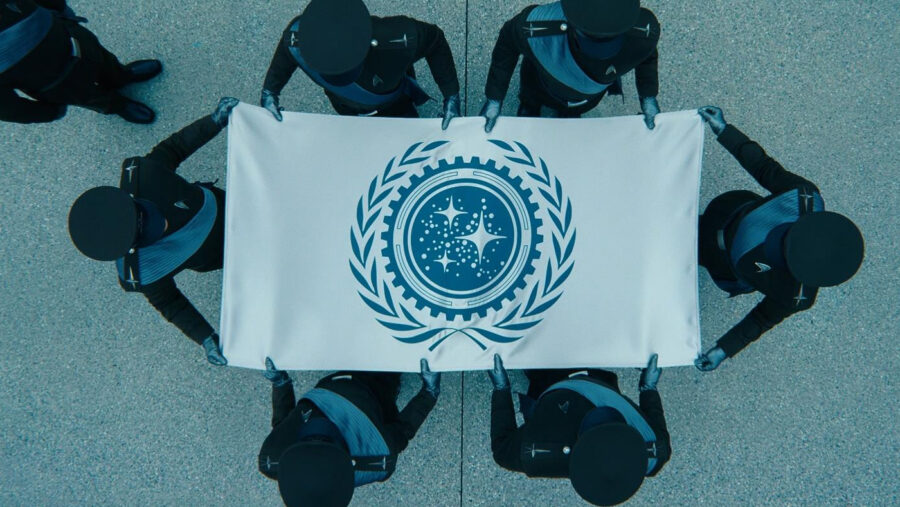
One of the more ironic problems with creating a Star Trek movie is that Paramount can’t help but be torn in two different directions. Their biggest hope is that the upcoming movies do what Star Trek (2009) did and bring new fans into this classic franchise. However, making a film broad enough to appeal to general audiences often means the risk of alienating the franchise’s biggest fans.
How does that work, exactly? From the very beginning, Star Trek has been a series with its mission statement built into the famous opening monologue: our characters are here to “explore strange new worlds” and “to seek out new life and new civilizations.” In short, “to boldly go where no man has gone before.”
Too Many Constraints
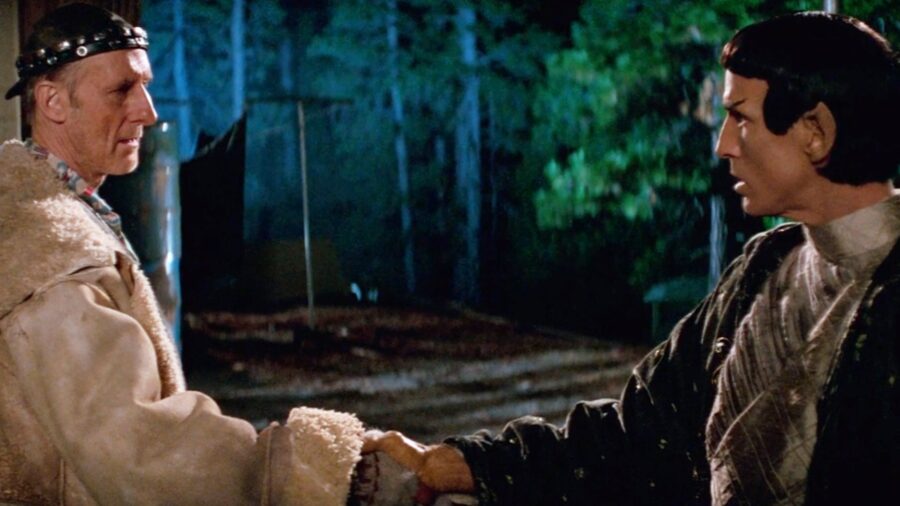
In the confines of a two-hour movie, however, there isn’t much room for exploration and alien diplomacy. That’s why most Star Trek movies veer away from the show’s formula: as I recently argued, the most popular of the original films (II, IV, and IV, which kicked off the old rule of thumb that only the even-numbered movies are any good) focused on being (respectively) an action movie, a comedy, and a spy thriller. These were good movies with a Star Trek skin, but that’s not the same as being a good Star Trek movie in the spirit of what made the show great.
Why Copying Sucessfull Formulas Won’t Work
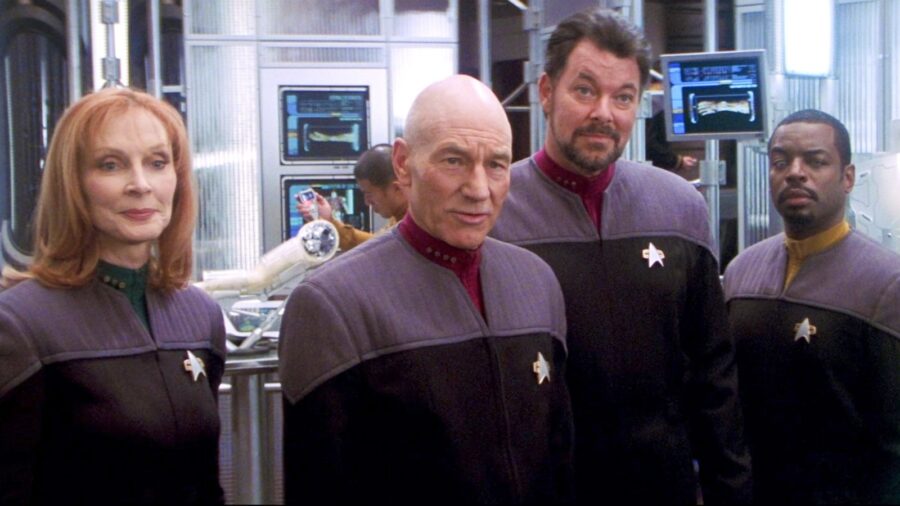
At this point, you’d be forgiven for asking “So what?” If the most popular Star Trek movies ever deviated from the Star Trek formula, then there should be nothing wrong with throwing the formula out. However, we have some very vivid game tape showing how stale that formula has worn and how fans are sick of Paramount returning to the well.
Perhaps the best example of this is Star Trek: Nemesis, a movie that tried and utterly failed to copy all of the elements that made The Wrath of Khan so good. That movie was so bad that it killed The Next Generation film franchise, but Paramount still didn’t learn its lesson.
The sequel to Star Trek (2009) was quite literally a poor remake of The Wrath of Khan, and it destroyed so much of the goodwill fans had for the Kelvinverse that the next movie (the surprisingly excellent Star Trek Beyond) performed so badly that the franchise spent most of the last eight years focusing on television.
Focus On The TV Shows

That brings us back to the original point: when Paramount stopped focusing on Star Trek movies and focused instead on television shows, the franchise thrived. Discovery has had its ups and downs, but it proved popular enough to serve as a launching pad for the nostalgia-heavy Strange New Worlds and the delightful insanity of Lower Decks. More importantly, these series were told in an episodic format that allowed Trek to do what it does best: stories about exploration, discovery, and character growth.
The Only Way To Keep Momentum
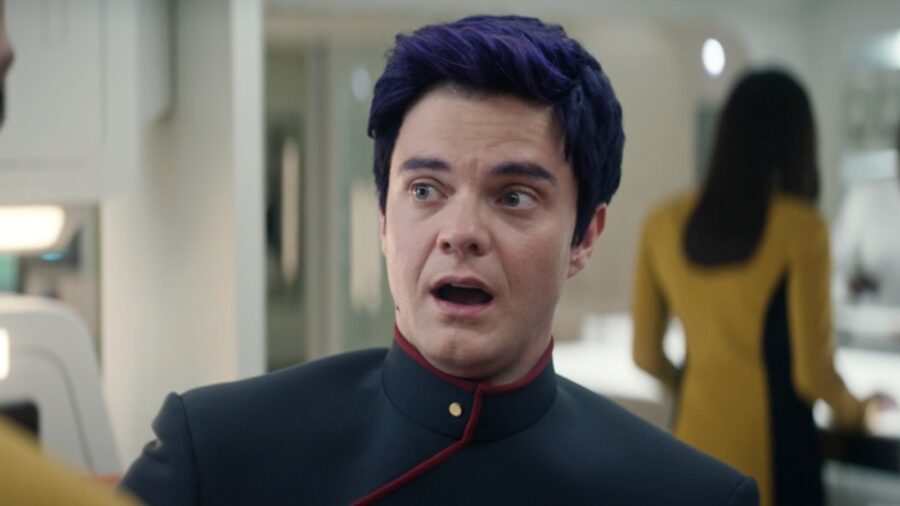
By focusing so much on Star Trek movies, Paramount is effectively throwing away the chance to grow this franchise. Now, the studio really thinks fans are going to show up for a Kelvinverse sequel with an aging cast or yet another prequel, this one not focusing on anyone we even know.
The simple truth remains that focusing on Star Trek television again gave the franchise the kind of renaissance that these increasingly failing movies never did, and if they really want to grow the fandom, Paramount needs to give the fans what they want (Star Trek: Legacy!) and count on positive word of mouth to help existing fans recruit new ones.
Of course, that means creating TV shows that are better than the trainwreck called Picard, but that’s an argument for another time.








